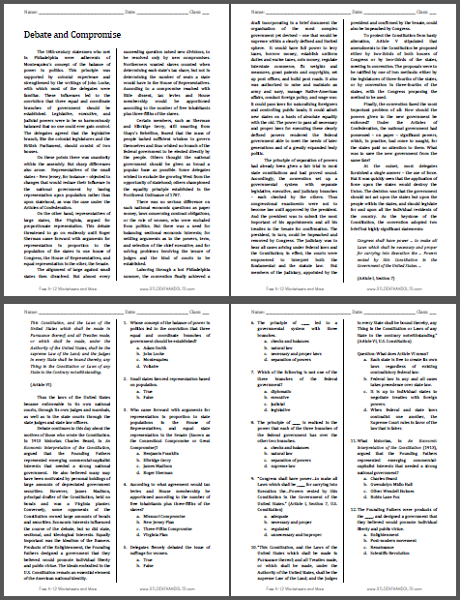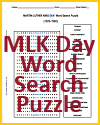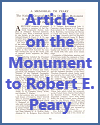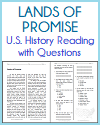| Debate and Compromise Reading with Questions |
|---|
| www.studenthandouts.com ↣ American History ↣ American History Readings |
 Answer Key
Answer Key1. Whose concept of the balance of power in politics led to the conviction that three equal and coordinate branches of government should be established? c. Montesquieu 2. Small states favored representation based on population. b. False 3. Who came forward with arguments for representation in proportion to state populations in the House of Representatives, and equal state representation in the Senate (known as the Connecticut compromise or Great compromise)? d. Roger Sherman 4. According to what agreement would tax levies and House membership be apportioned according to the number of free inhabitants plus three-fifths of the slaves? c. Three-Fifths compromise 5. Delegates fiercely debated the issue of suffrage for women. b. False 6. The principle of _____ led to a governmental system with three branches. d. separation of powers 7. Which of the following is not one of the three branches of the federal government? a. diplomatic 8. The principle of _____ is realized in the power that each of the three branches of the federal government has over the other two branches. a. checks and balances 9. "Congress shall have power…to make all Laws which shall be _____ for carrying into Execution the…Powers vested by this Constitution in the Government of the United States." (Article I, Section 7, U.S. Constitution) b. necessary and proper 10. "This Constitution, and the Laws of the United States which shall be made in Pursuance thereof; and all Treaties made, or which shall be made, under the Authority of the United States, shall be the supreme Law of the Land; and the Judges in every State shall be bound thereby, any Thing in the Constitution or Laws of any State to the contrary notwithstanding." (Article VI, U.S. Constitution) Question: What does Article VI mean? b. Federal law in any and all cases takes precedence over state law. 11. What historian, in An Economic Interpretation of the Constitution (1913), argued that the Founding Fathers represented emerging commercial-capitalist interests that needed a strong national government? a. Charles Beard 12. The Founding Fathers were products of the _____, and designed a government that they believed would promote individual liberty and public virtue. a. Enlightenment Click here to print. |
 |  |  |  |  |  |
| www.studenthandouts.com ↣ American History ↣ American History Readings |








